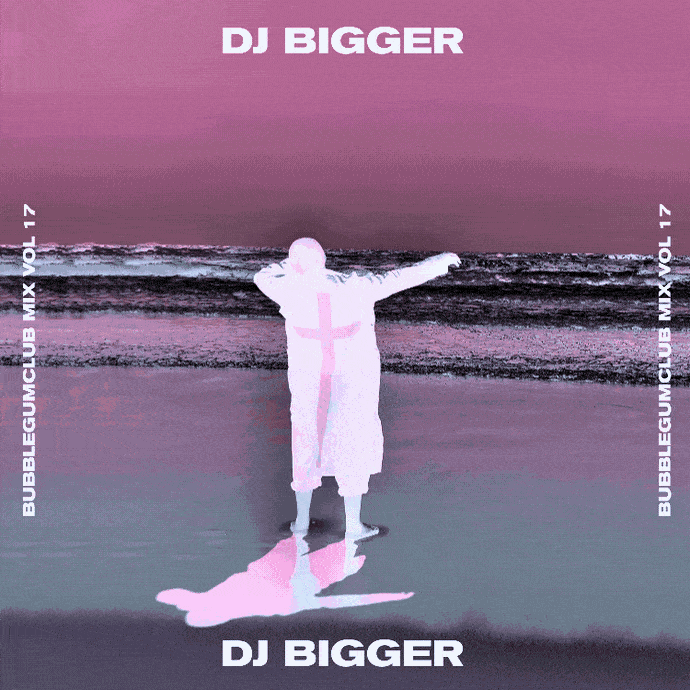Can you tell us a bit about DJ Bigger?
I, Makabongwe Nzuza, popularly known as “Dj Bigger” was born on the 6th of April in the Southern township of Durban – KwaMashu, M Section. I attended Sondelani Primary School in eNtuzuma, where I was a leader of an ‘’Isicathamiya” group, part of a gospel group as well as part of the school’s choir group. I then completed my junior studies at Eastberry Seconday School in Phoenix.
My teenage years were filled with music in a very unbelievable way, so much that even the taxis I commuted in would blast music to school and back! Some of the joys of being born in the rhythmic land of KwaZulu Natal.
Share more about your musical background – who or what sparked your interest in gqom?
Growing up in the groovy, talent-filled, iconic township influenced my love for music as every second house in my neighbourhood played LOUD music, simultaneously and religiously each and every Friday; marking the beginning of the weekend and an end to a gruesome week for the working class.
Not only that; but growing up, music was almost the only thing that brought “free” joy to people, its effectiveness in provoking happy feelings, thus creating memorable moments was fascinating.
I started DJing in 2006 at private functions and then moved to club spaces where I realized that this is something I’m passionate about and was good at. In the year 2010 I then started to focus on building myself as a brand.
How do you like to describe your sound?
I would describe my sound as the township version of Electro Music. Gqom music is a very distinct sound that originates from the Township (Ekasi).
Who are your musical influences?
My late friend, DJ Deep, who was also my mentor, played a very big role in influencing and shaping my musical journey. I used to tag along whenever he went to deejay at events/private functions. Basically he is the one that taught me how to deejay. Currently, there are a lot of people that I look up to in the music industry, namely DJ Sox, DJ Tira, DJ Bongs, etc.
What do you want to express with your music? What emotions should it evoke within the listener?
I believe that music is universal. Though this is an African sound, I wish for people all over the world to be able to feel and express their feelings through the music that I share with them. I want people to dance and feel liberated.
You are part of Miaso Studios. Please share more about it and your involvement?
I grew my brand locally overtime and quickly became one of the most respected disc jocks amongst my peers. The group was started by DJ Deep. Along the way I started working with Dj Kaybee, Ayo and Tropika. Together we formed a music production conglomerate and called it “MIASCO FAM”.
Why do you think gqom has become such a huge sound in SA, and subsequently, abroad?
Gqom Music is a unique sound and I think its uniqueness is recognized by everyone across the globe.
When did your partnership with FAKA begin and how is it going?
I started working with the group FAKA last year (2017) in August. They got my details from Jamal. They contacted me and the rest was history. Currently it is going very well. We have great chemistry and share a similar love and passion for music. They are my chosen family.
What are you working on at the moment?
I have been touring with FAKA and currently working on new music that I’ll be releasing soon.


